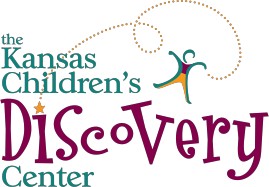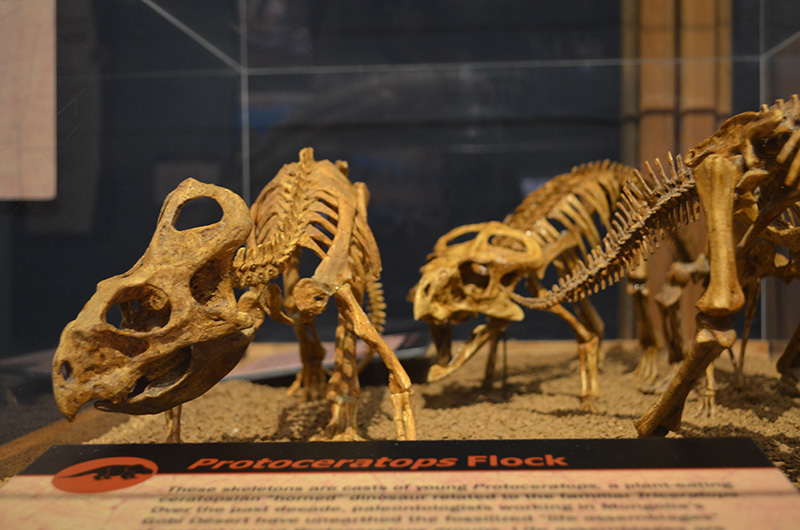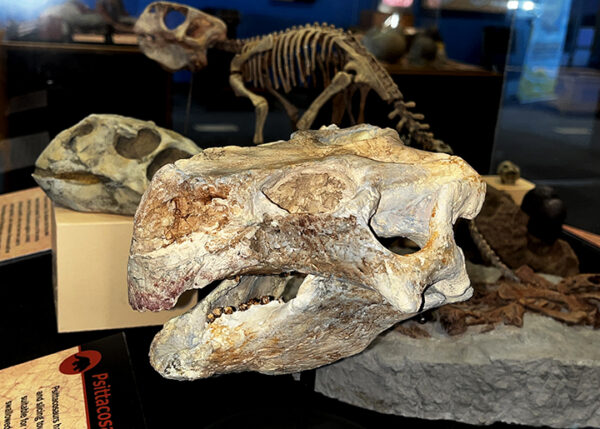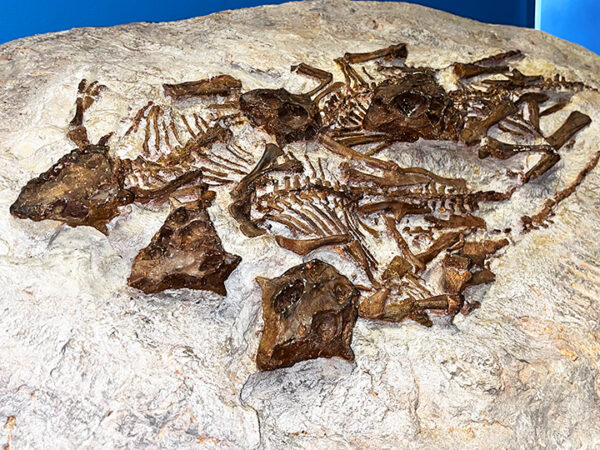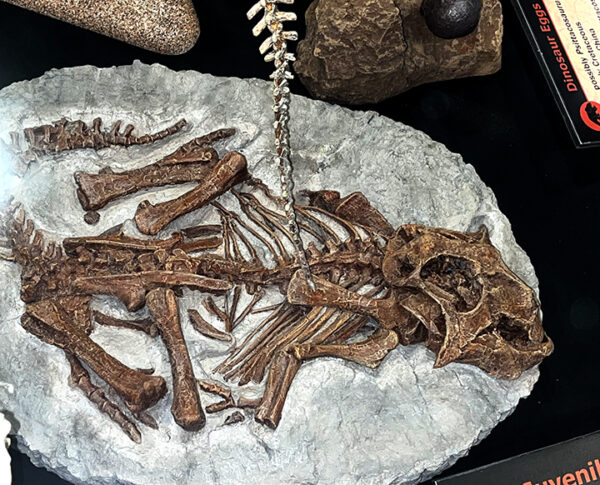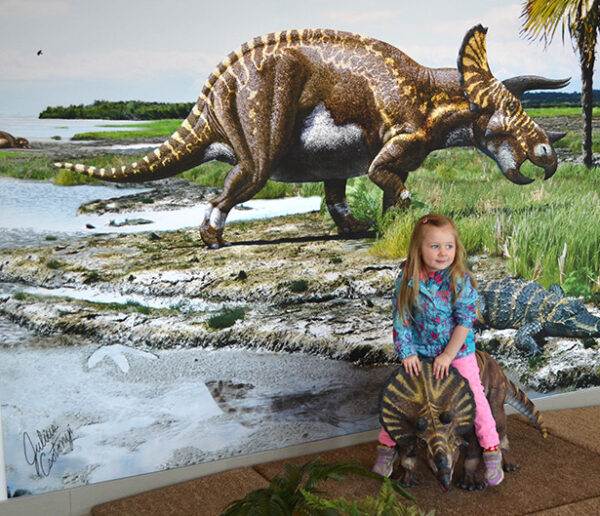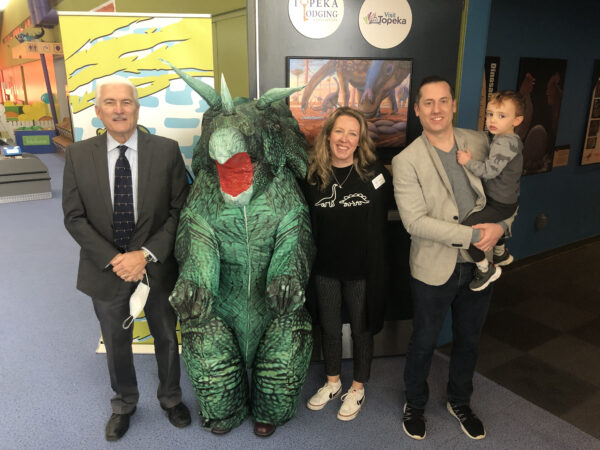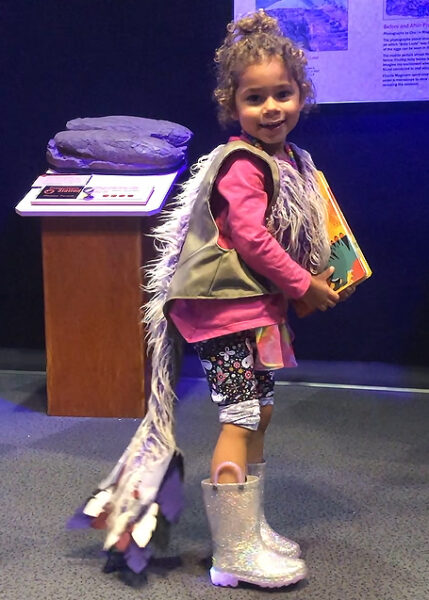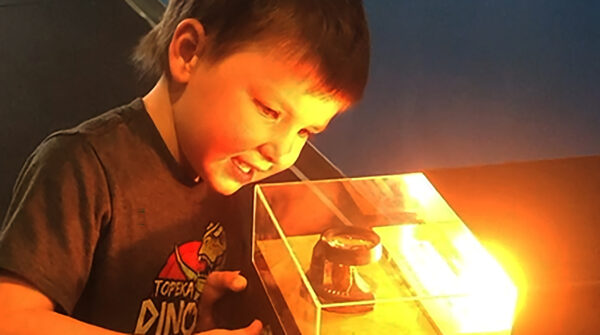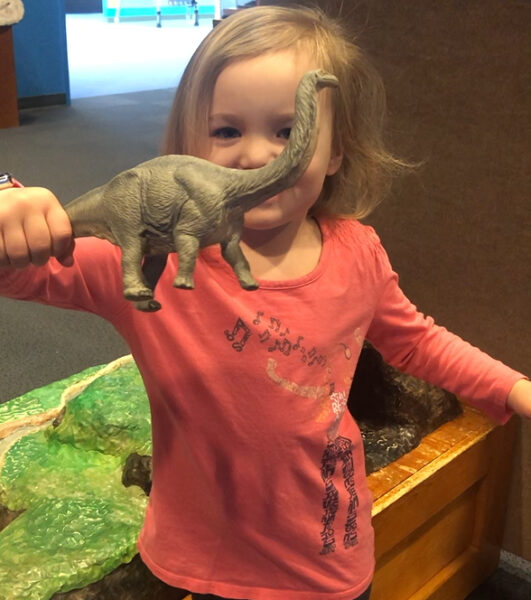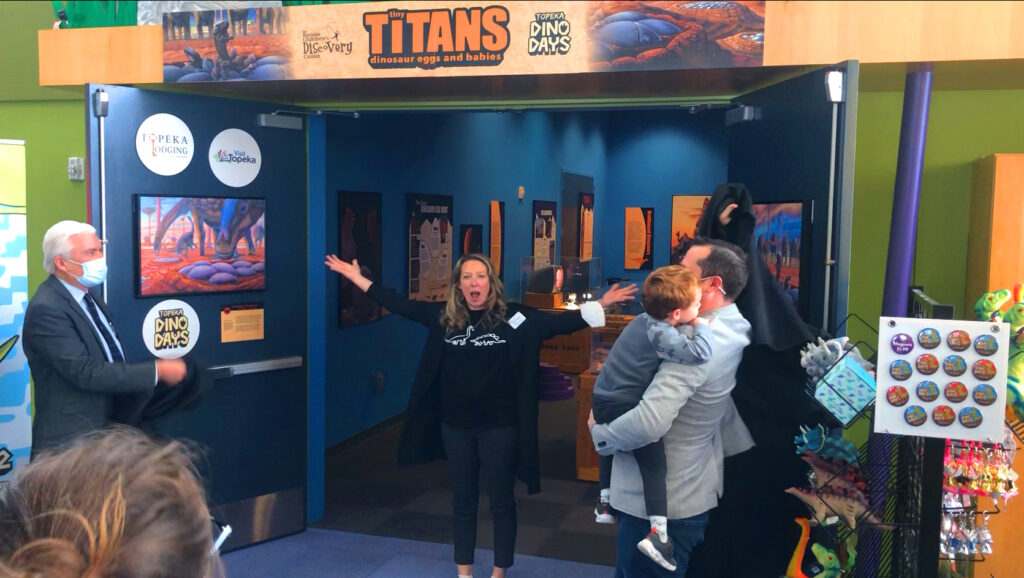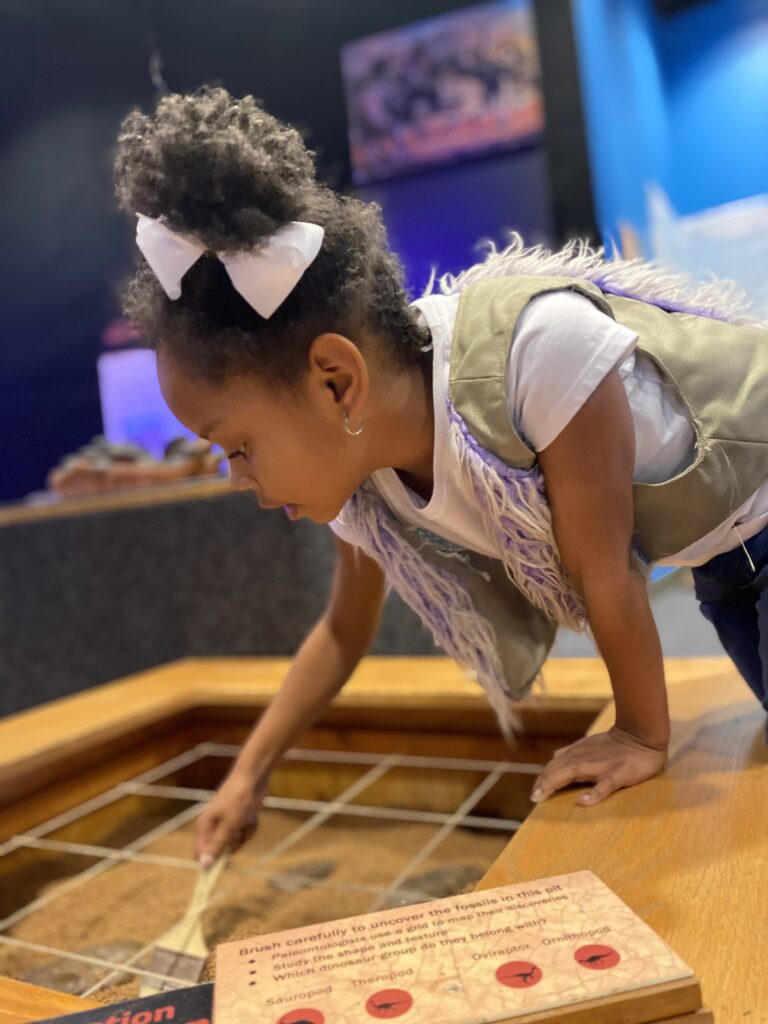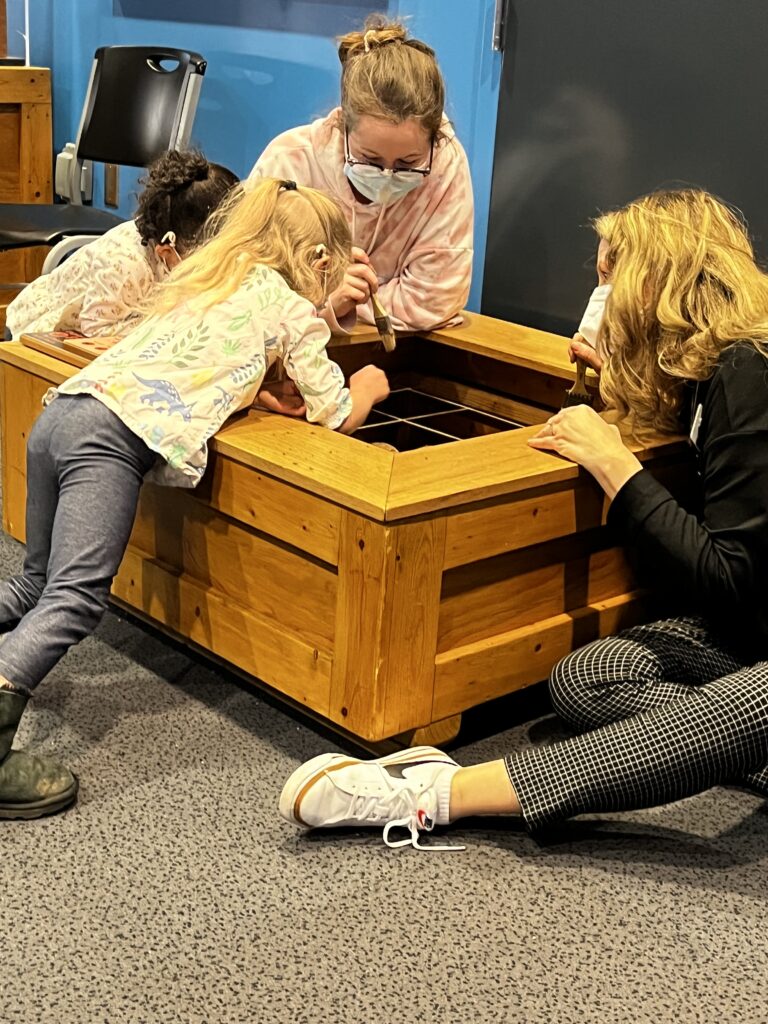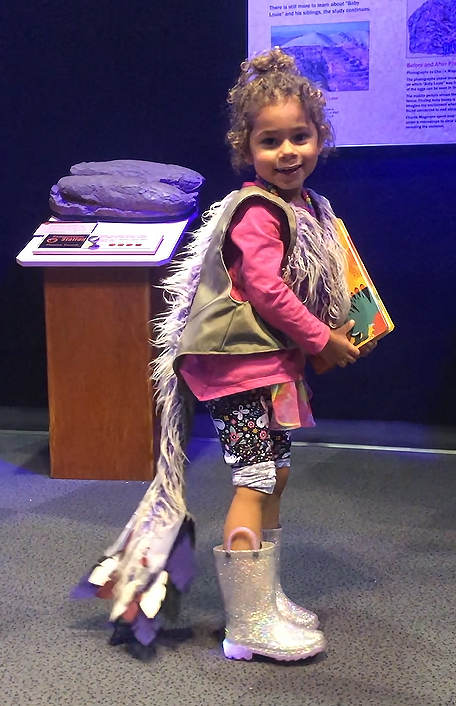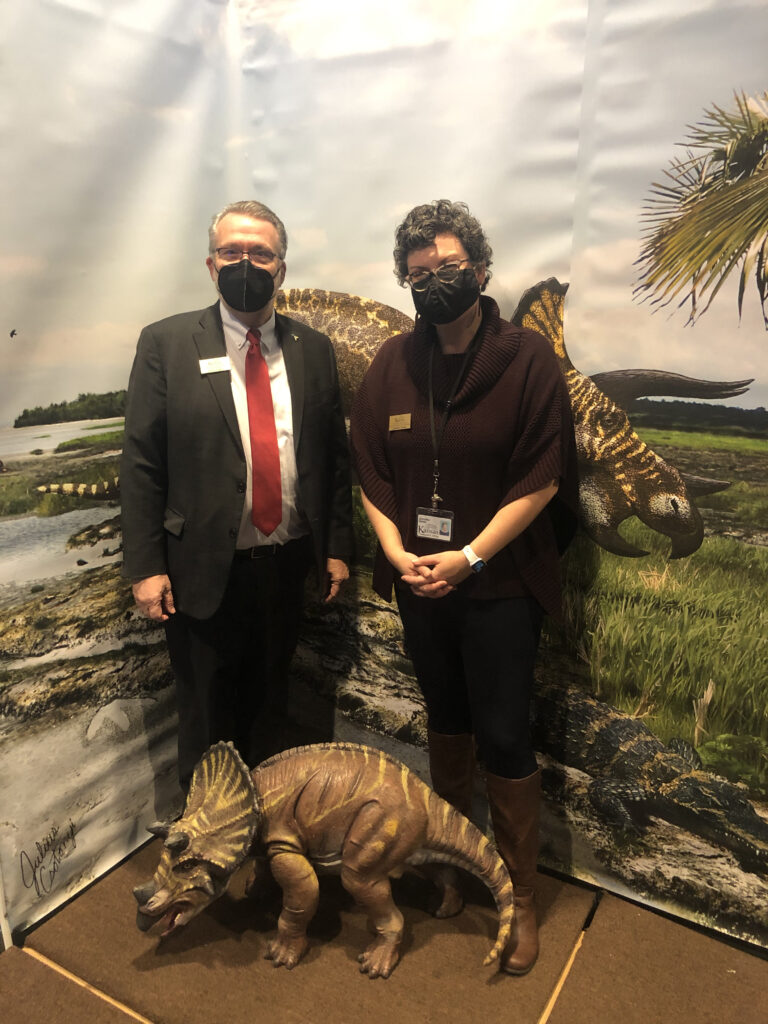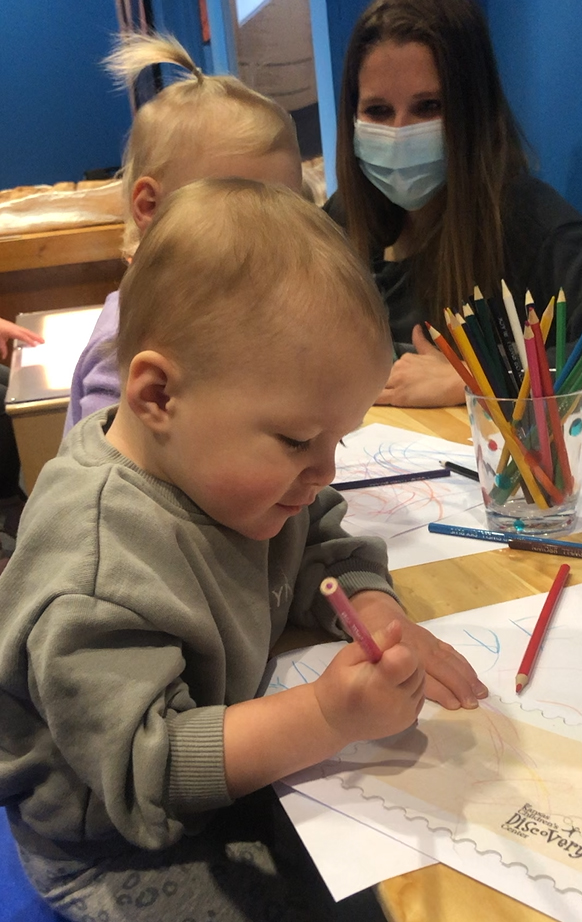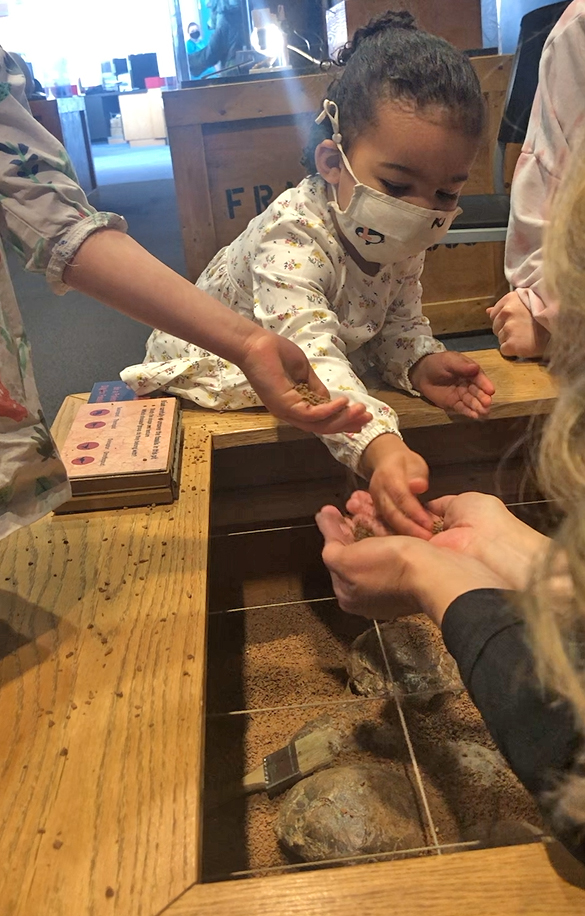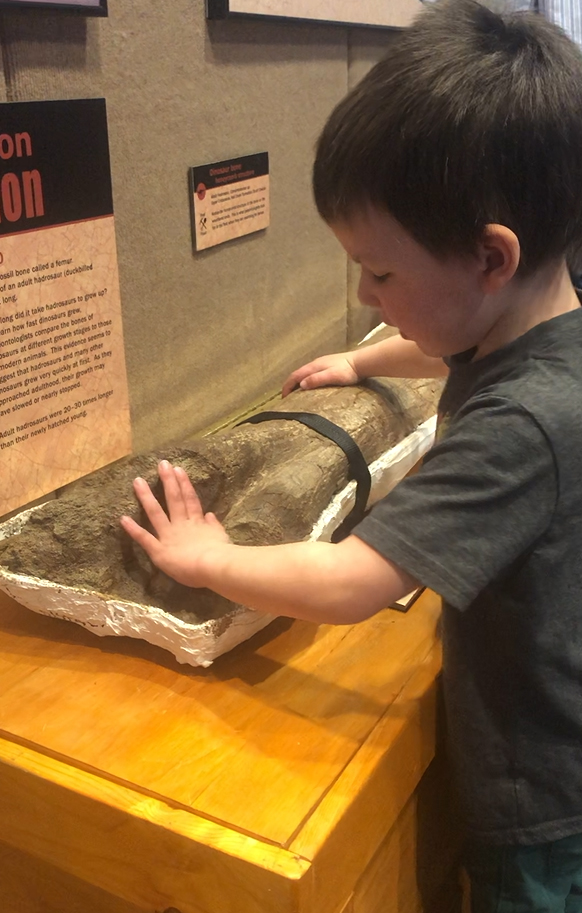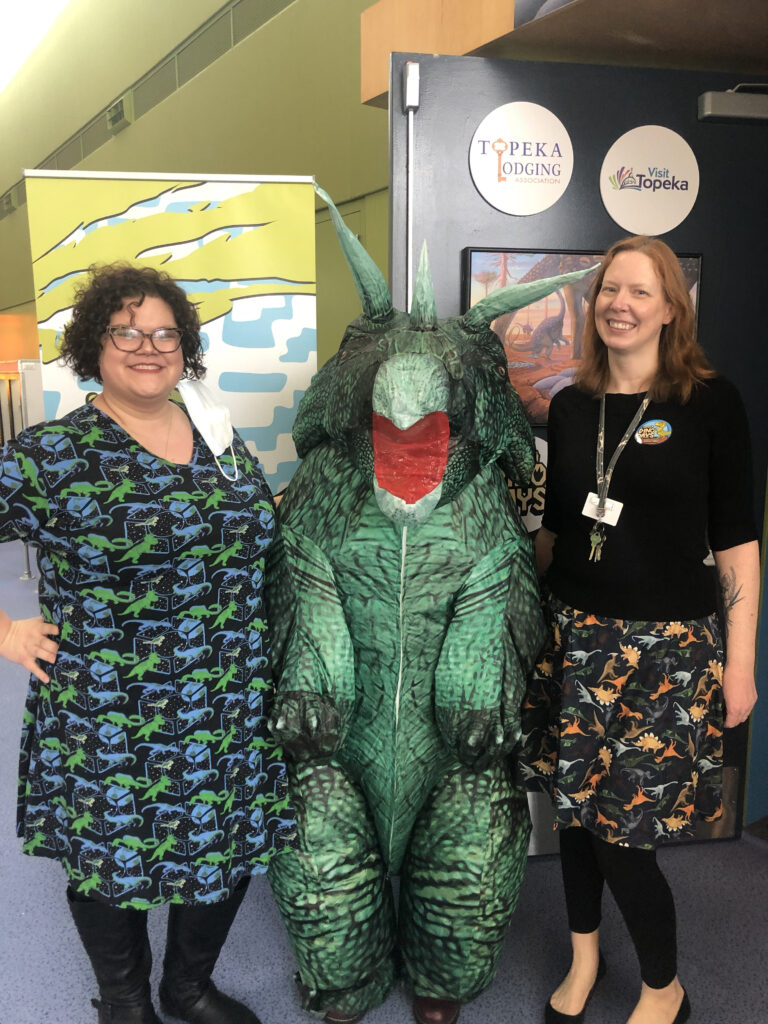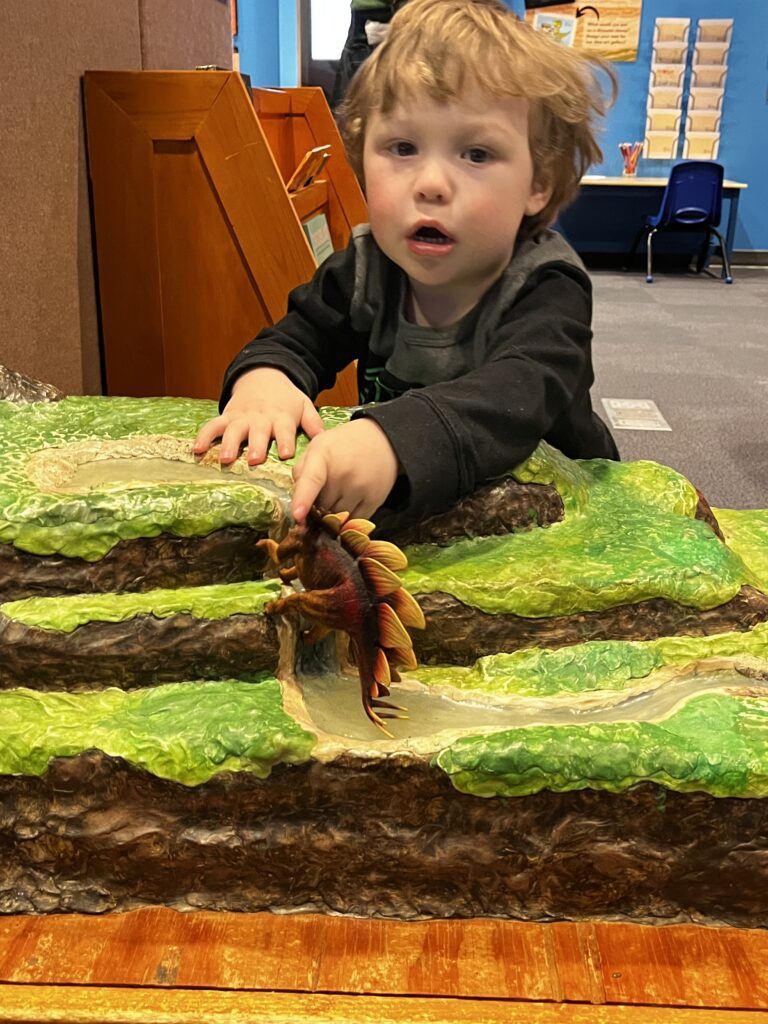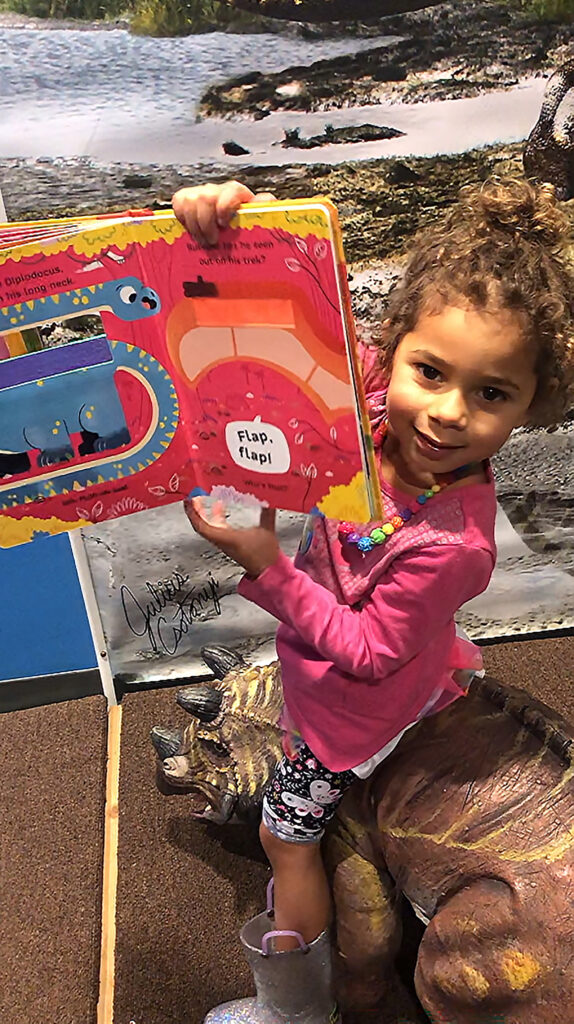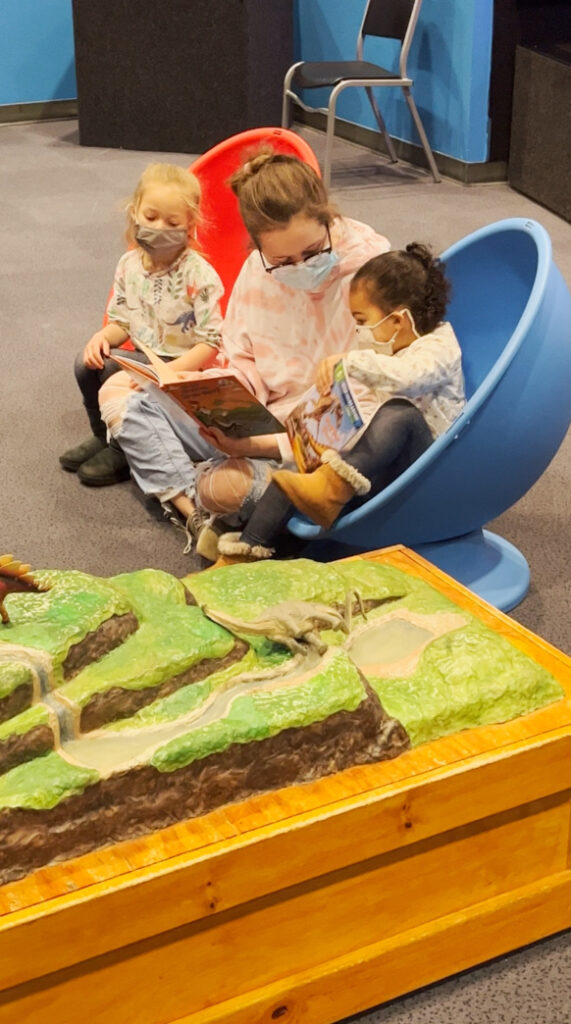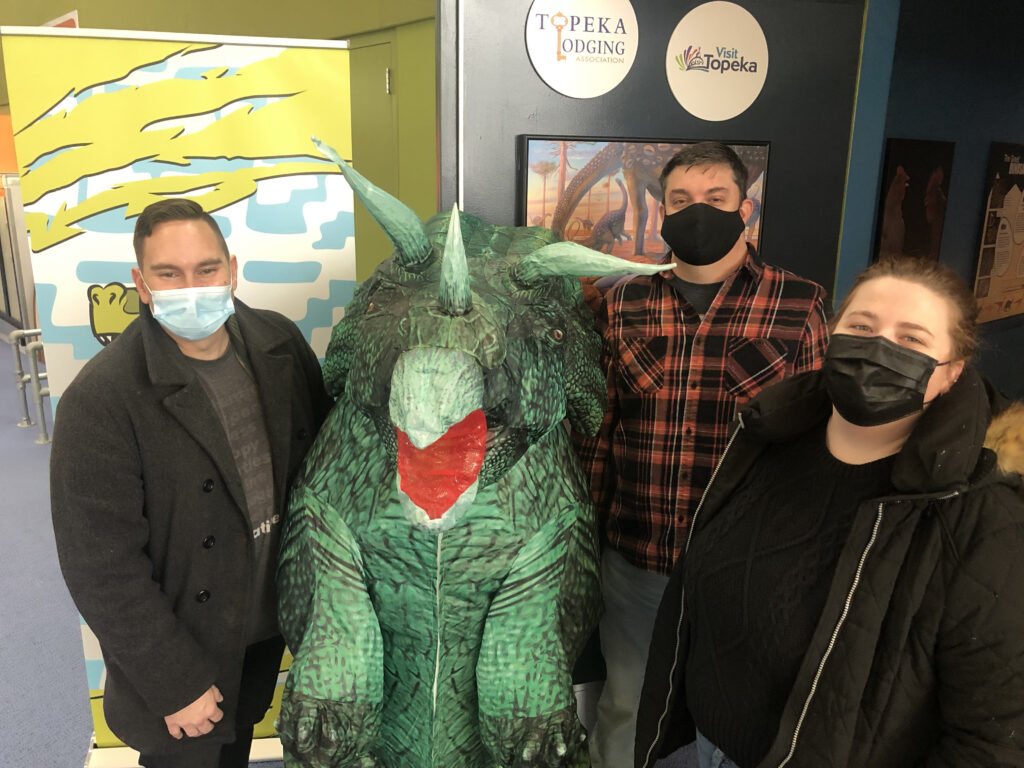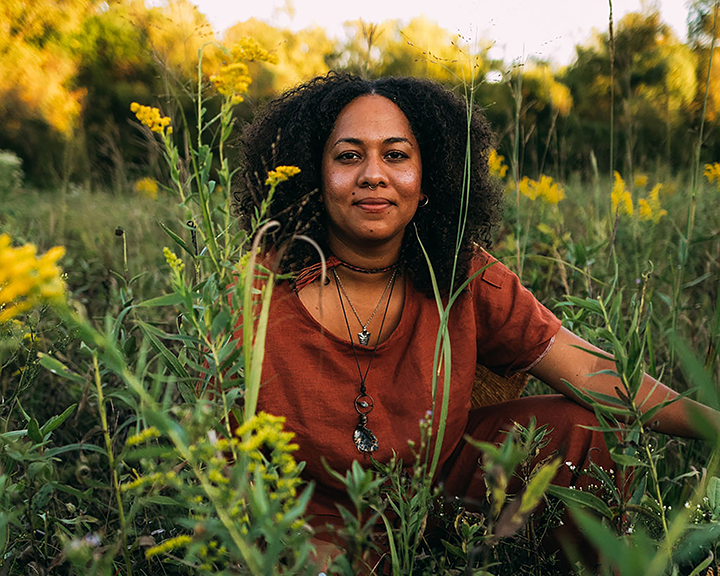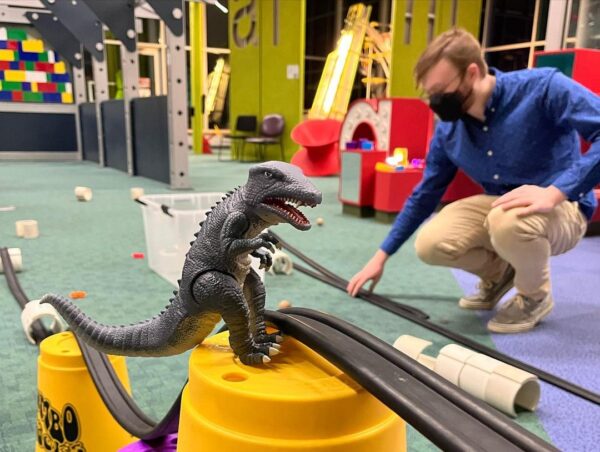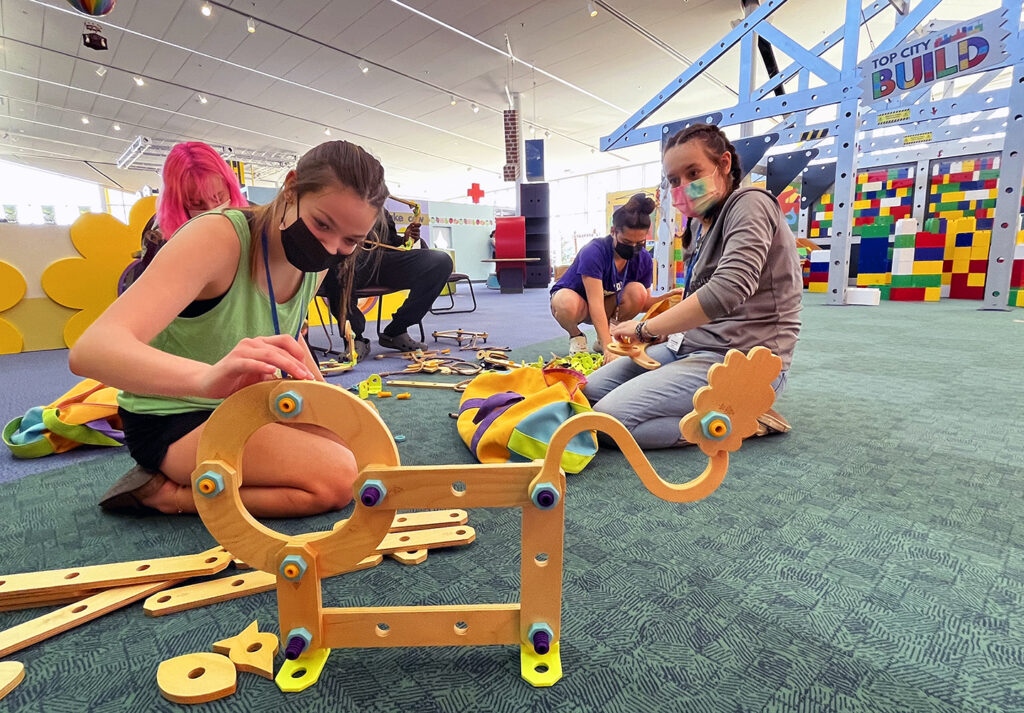
A tightly knit group of high school students from Topeka Unified School District 501 have been volunteering their time and energy to make the Kansas Children’s Discovery Center a better place for its young visitors, as well as honing their skills as potential future educators.
These six student leaders are members of the Topeka Center for Advanced Learning and Careers, or TCALC — an innovative program created through business partnerships to help teach youths about different career pathways they are interested in following. TCALC has several different professional pathways it offers to students, with this group representing the teaching pathway.
“These students are juniors and seniors in high school,” said Diane Kimsey, elementary math consulting teacher for TCALC. “They represent Highland Park, Topeka High and Topeka West. We meet every day for half a day and they all think that perhaps they would like to be teachers eventually. We have those who want to work with elementary, we have middle school dreamers and we have high school dreamers.”
So far in the four weeks they have been volunteering at the Discovery Center, the students have helped clean up the Discovery Center’s outdoor nature area, as well as creating educational materials for children. Last Wednesday, March 2, they taught young visitors of the Discovery Center about engineering using Rigamajig Basic Builder kits.
“Covid has kept us from being in the classrooms as much as we’d like to be, but at the same time we’ve had incredible opportunities,” Kimsey said. “For the last month, we’ve been here (at the Discovery Center) on Wednesdays, and we’re looking forward to this partnership to continue through the rest of the school year.”
The students came to the Discovery Center after contacting Visit Topeka to support Topeka Dino Days, a communitywide dinosaur exhibition. Staff at Visit Topeka connected the educators to the Discovery Center to support the museum as they opened the traveling Tiny Titans: Dinosaur Eggs and Babies.
